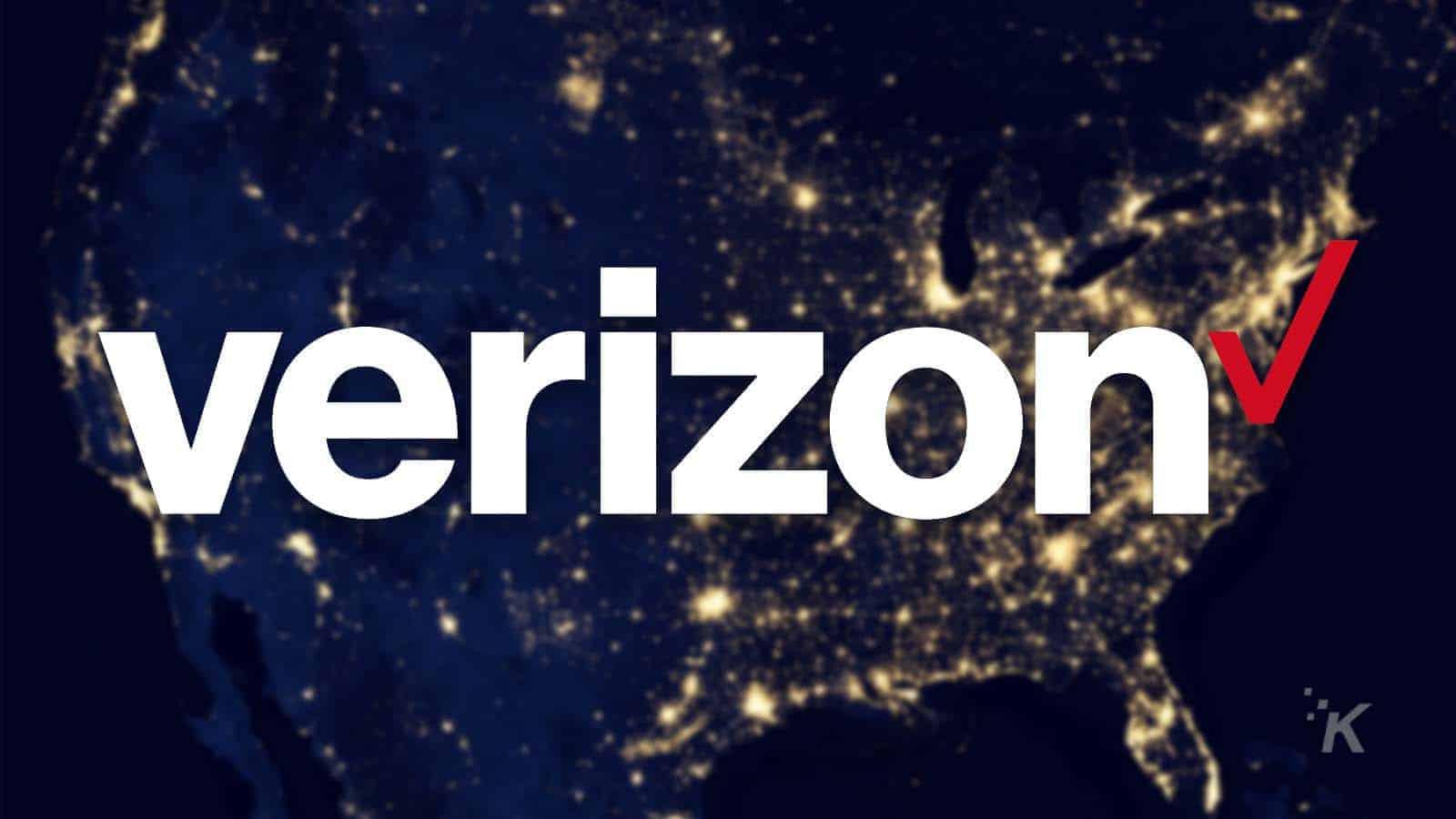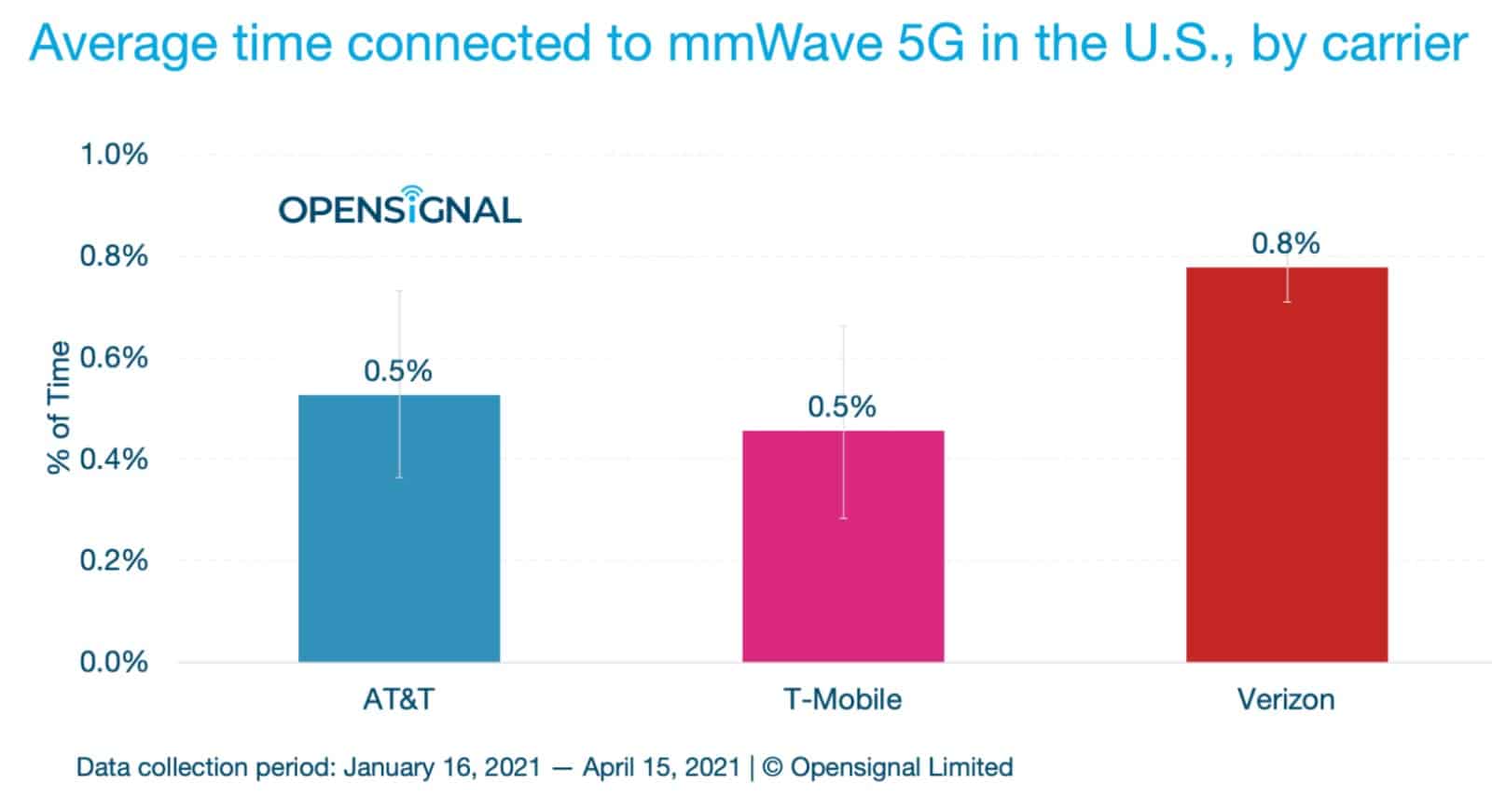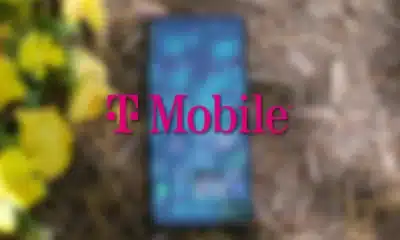Internet
Verizon’s super-fast mmWave 5G is great, but good luck accessing it
Maybe we should be calling it “Not quite 5G yet.”

Just a heads up, if you buy something through our links, we may get a small share of the sale. It’s one of the ways we keep the lights on here. Click here for more.
Everyone from tech sites to mobile carriers to smartphone and laptop makers has tried to sell us on the dream of 5G and its super-fast speeds and always-available connectivity for years now.
That dream isn’t quite over yet, but the dreary reality is starting to set in, with a new report from OpenSignal that shows that the actual speeds people are getting on 5G aren’t living up to the promises.
Part of that is squarely on the shoulders of the carriers, as the roll-out of coverage is slow, and for some reason they decided to use spectrum bands that aren’t being used by the rest of the world, reducing the number of different handsets that can be used in the US.
One of those bands that the rest of the world isn’t really using is mmWave, touted by Verizon as ultra-fast, and potentially cancer-curing.
It has the potential for gigabit speeds, but are there any users actually managing that? Well, OpenSignal‘s analysis says that Verizon’s users are only on mmWave for 0.8-percent of the time. Less than one percent! Sheesh.

They also found that Verizon users had managed top speeds of 692.9 Mbps, which is impressive but less than the touted gigabit speeds. Then again, I’ve got gigabit fiber from Verizon FiOS and their version of gigabit only goes to 880 Mbps anyway, so using that same translation, mmWave 5G is also gigabit.
The real point of all of this? 5G networks in the US don’t have the coverage yet to support the lofty claims of the carriers. That’s not really surprising though, 4G or LTE as it’s now known has been around for a decade and it’s only just showing the promised speeds. Maybe 5G will finally live up to its promises in 2030.
Have any thoughts on this? Let us know down below in the comments or carry the discussion over to our Twitter or Facebook.
Editors’ Recommendations:
- Some of Verizon’s hotspots are getting too hot and now there’s a recall
- T-Mobile is moving forward with its $60 a month 5G home internet service
- Sprint is now T-Mobile – here’s what to expect in the months ahead
- Verizon kinda admitted 5G drains batteries quicker but deleted the tweet after being called out
































